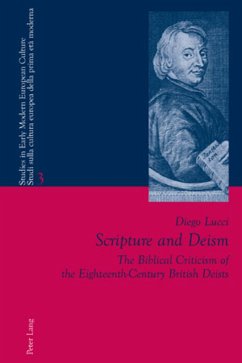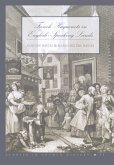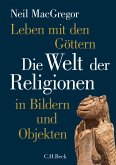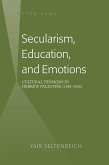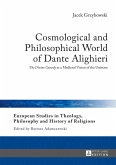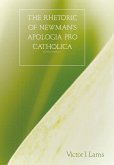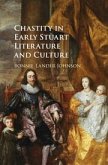This book deals with the British deists' biblical hermeneutics, its roots, and its effects on European culture and society.
Deist thinkers such as John Toland, Anthony Collins and Matthew Tindal pointed out the historical and anthropological origins of positive religions. Focusing on the human roots of Judaism, Christianity, Islam and Ancient Paganism, they advocated tolerance and freedom of thought.
In the context of the deists' research on the history of positive religions, the study of the Scriptures played a key role. Deists and freethinkers fought against the influence of Christian doctrine on political and social life. They denied the supernatural foundations of Christianity and of Christian institutions, and analyzed the Bible with the aim to promote the free search for truth. This book thus stresses the significance of the deists' biblical criticism for the development of Enlightenment views of religion and for the secularization of Europe.
Deist thinkers such as John Toland, Anthony Collins and Matthew Tindal pointed out the historical and anthropological origins of positive religions. Focusing on the human roots of Judaism, Christianity, Islam and Ancient Paganism, they advocated tolerance and freedom of thought.
In the context of the deists' research on the history of positive religions, the study of the Scriptures played a key role. Deists and freethinkers fought against the influence of Christian doctrine on political and social life. They denied the supernatural foundations of Christianity and of Christian institutions, and analyzed the Bible with the aim to promote the free search for truth. This book thus stresses the significance of the deists' biblical criticism for the development of Enlightenment views of religion and for the secularization of Europe.

